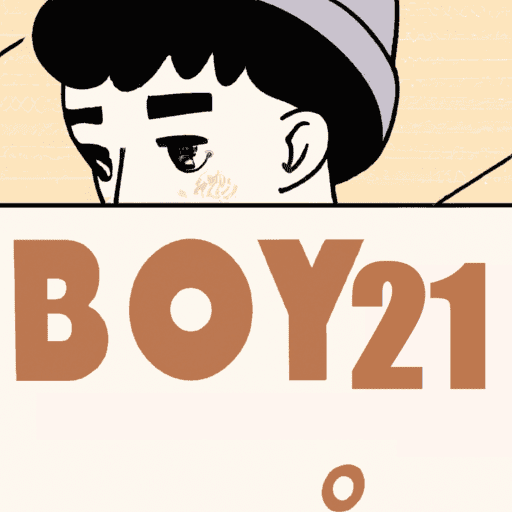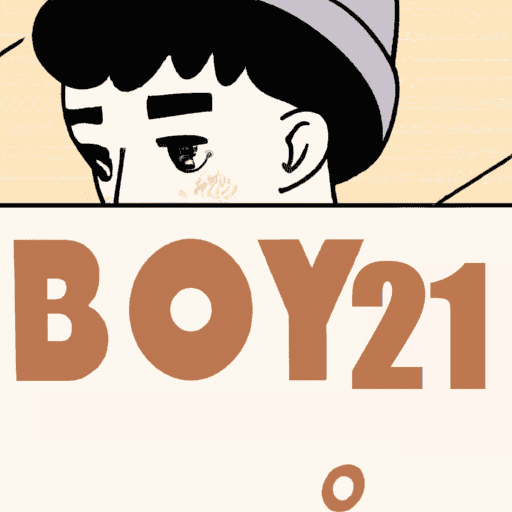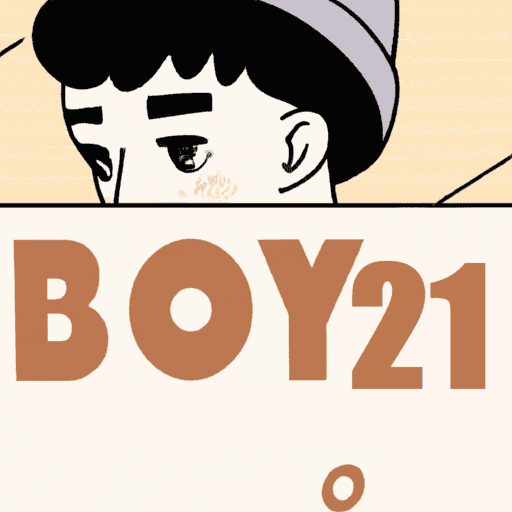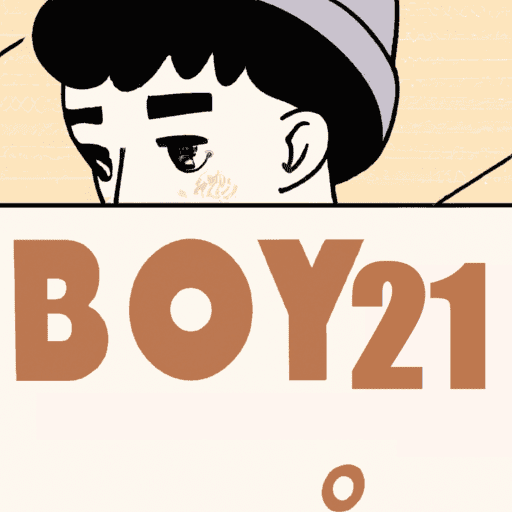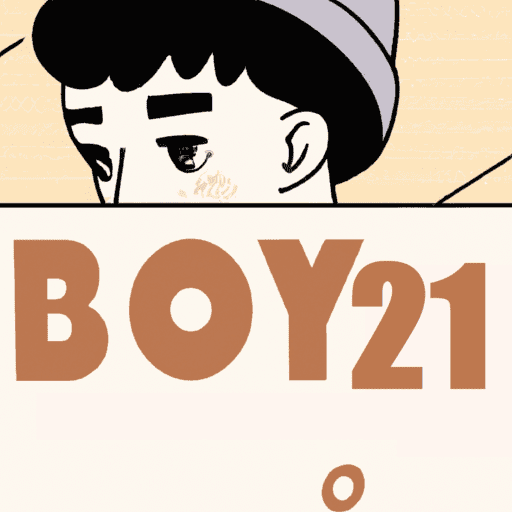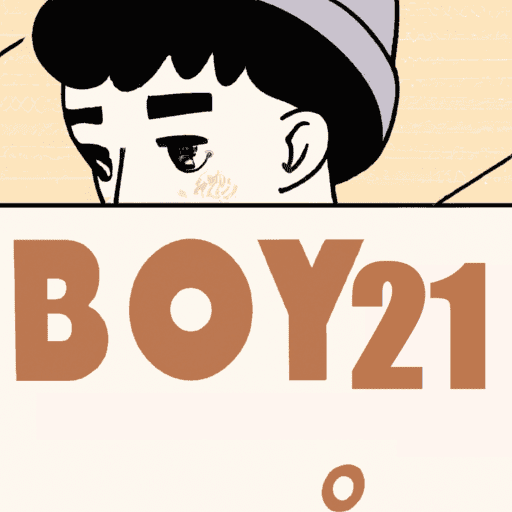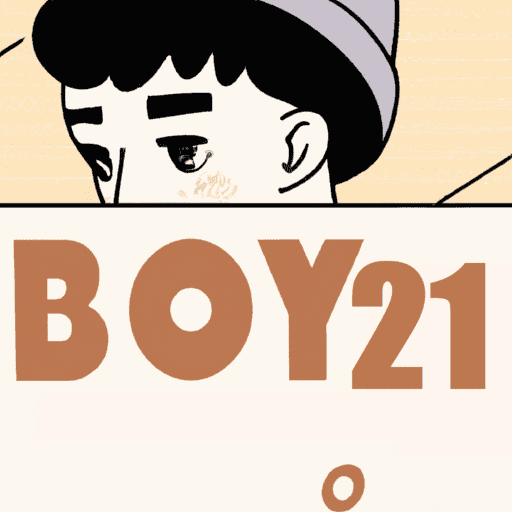
In what ways does "Boy21" address issues of mental health?
Matthew Quick's young adult novel Boy21 thoughtfully examines various mental health struggles faced by teenagers coming of age amidst trauma and adversity. Through the experiences of protagonist Finley and supporting characters like Russ and Erin, Quick insightfully portrays grief, PTSD, depression, and addiction with nuance and empathy. An analysis of Boy21's treatment of mental illness offers poignant commentary on both the universality and diversity of psychological pain.
Grief and Self-Medication: Finley's Struggle
Finley copes with paralyzing grief and likely depression in the wake of his girlfriend Erin's death by substance abuse. Quick depicts Finley self-medicating with alcohol and unprescribed medication, leaving him isolated and tormented. Finley also displays symptoms of PTSD following the shooting that killed Erin, experiencing vivid flashbacks that derail his functioning. Quick insightfully connects Finley's struggles to his stagnant, depressed hometown, suggesting environmental factors can exacerbate mental health issues.
Similarly, Erin's childhood abuse and mother's alcoholism render her psychologically vulnerable to addiction, highlighting the cyclical nature of trauma. Quick pointedly links economic and social marginalization to such generational damage. Erin's ultimate fate also illustrates mental health issues left unaddressed often spiral toward tragedy, absent sufficient support systems.
In contrast, Russ exhibits severe PTSD and selective mutism following the brutal murder of his parents, to which he was an eyewitness. Yet through the patience of Finley, basketball, and therapy, Russ begins to process his grief and trauma in a restorative manner. Quick conveys hope in portraying Russ' recovery through integrating his painful past into his present life.
A Compassionate Exploration of Mental Health in "Boy21"
Boy21 responsibly and compassionately explores diverse mental health struggles teenagers face when coping with grief, abuse, addiction, and trauma. Quick avoids simplistic solutions, instead emphasizing that healing takes time and community support. Through sensitive representation, Quick humanizes and de-stigmatizes those experiencing mental illness. Boy21 suggests we all deserve understanding and care when facing psychological burdens beyond our control.
